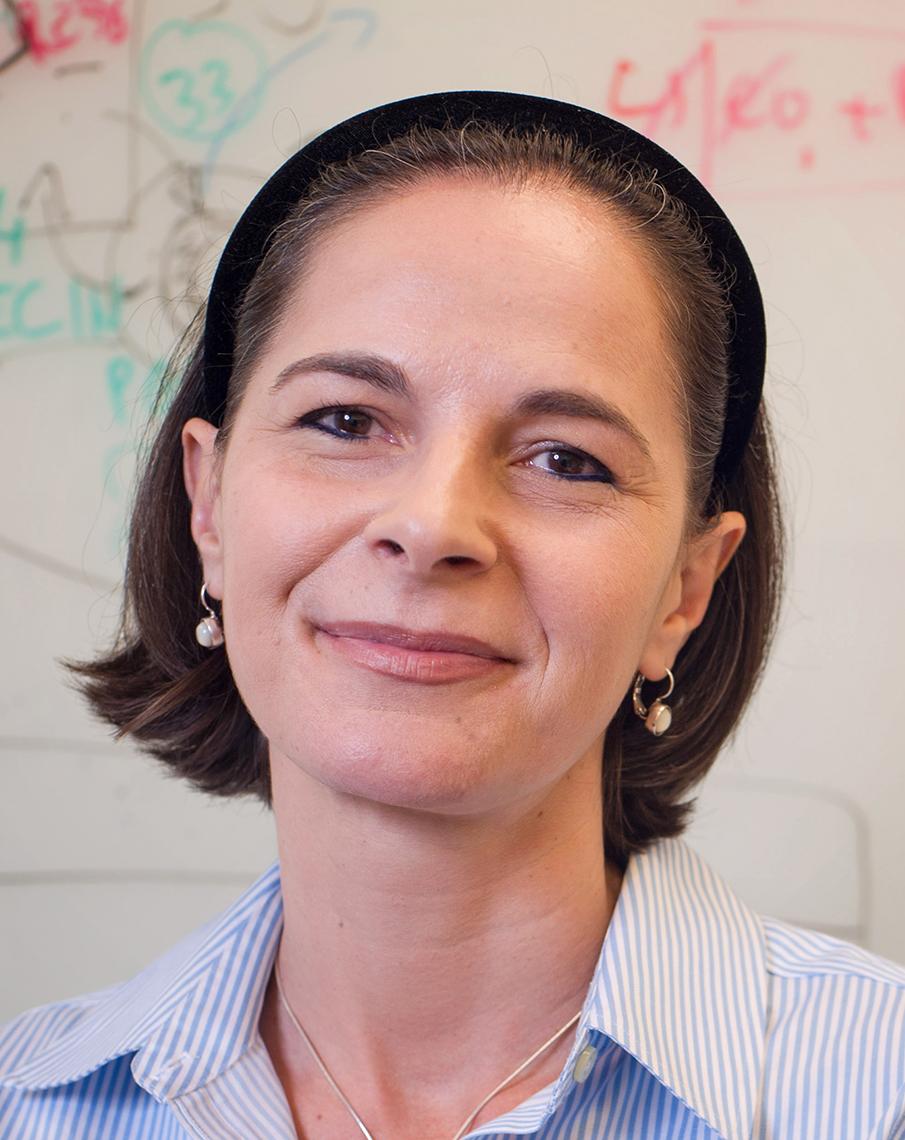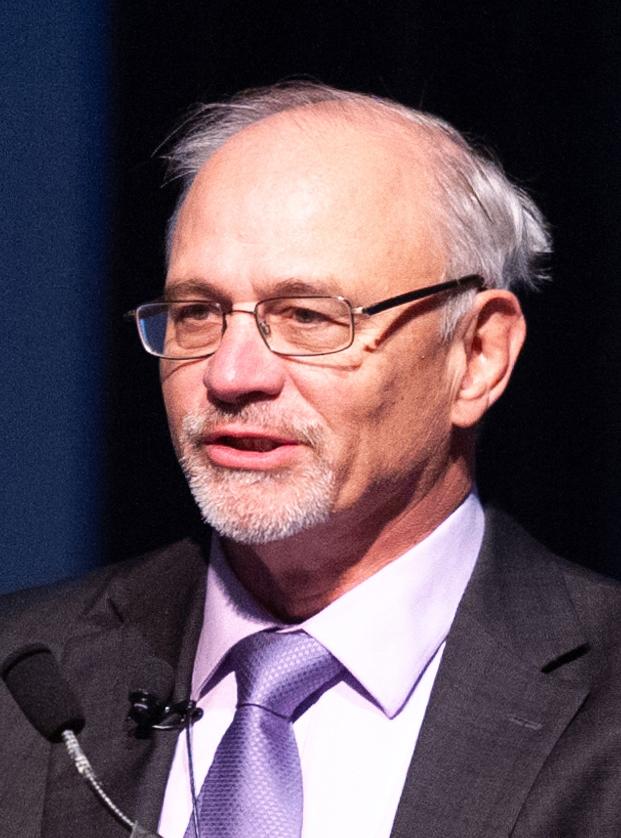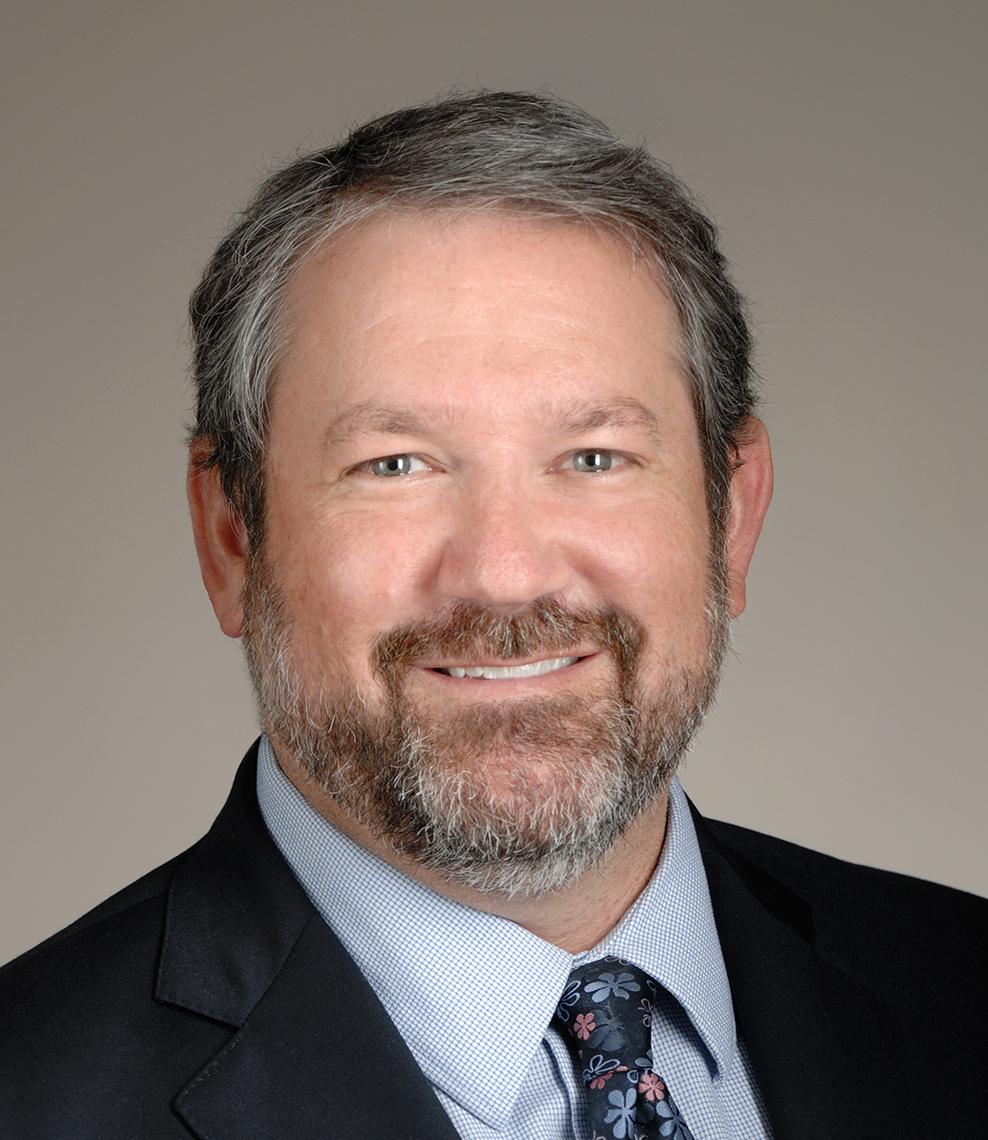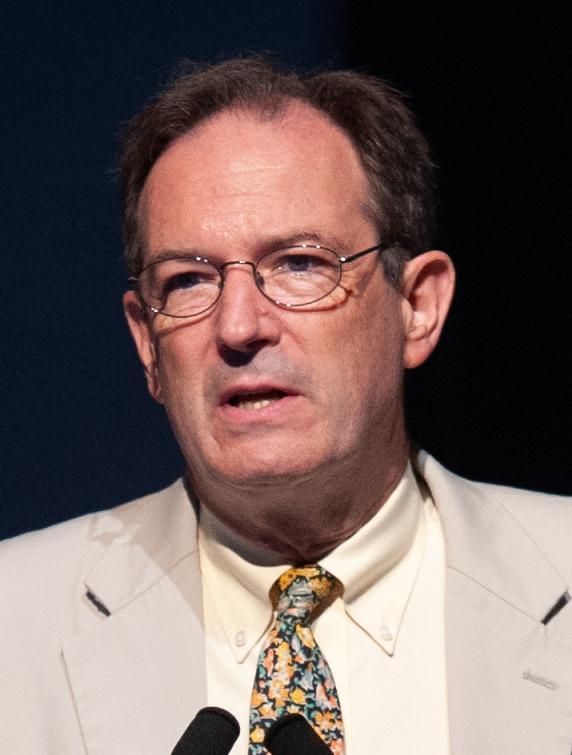NAM Elects Six from NIH
Six NIH scientists are among 85 new members elected to the National Academy of Medicine. Election to the academy is considered one of the highest honors in the fields of health and medicine and recognizes individuals who have demonstrated outstanding professional achievement and commitment to service.
The new NIH members and their citations are:
Dr. Yasmine Belkaid, director, microbiome program, and chief, metaorganism immunology section, National Institute of Allergy and Infectious Diseases, “For defining fundamental mechanisms that regulate tissue immunity and [uncovering] key roles for the commensal microbiota and dietary factors in the maintenance of tissue immunity and protection to pathogens.”
Dr. William A. Gahl, senior investigator, Medical Genetics Branch, and clinical director, National Human Genome Research Institute, “For contributions that include creating the Undiagnosed Diseases Program within intramural NIH to meld individualized patient care with next-generation sequencing and to provide insights into new mechanisms of disease; spearheading expansion to the national Undiagnosed Diseases Network and the Undiagnosed Disease Network International; and championing the sharing of genetic databases and best practices.”
Dr. Joshua A. Gordon, director, National Institute of Mental Health, “For research demonstrating how distant brain regions cooperate and coordinate their activity in order to guide behavior, and how this coordination is disrupted in experimental systems relevant to psychiatric disorders.”
Dr. Steven M. Holland, NIH distinguished investigator, director, Division of Intramural Research, and chief, immunopathogenesis section, Laboratory of Clinical Immunology and Microbiology, National Institute of Allergy and Infectious Diseases, “For distinguished achievements in primary immunodeficiencies and infectious diseases, including the recognition, treatment, genomic identification and cure of previously unexplained diseases as well as the identification and characterization of novel pathogens in those diseases.”
Dr. Ellen Leibenluft, senior investigator, National Institute of Mental Health, “For highlighting the need to carefully evaluate children who may have bipolar disorder; identifying chronic irritability, a new clinical problem which differs from pediatric bipolar disorder; and pioneering the use of cognitive neuroscience to address fundamental clinical questions on nosology and treatment of pediatric mental disorders.”
Dr. Charles N. Rotimi, chief and senior investigator, Metabolic, Cardiovascular, and Inflammatory Disease Genomics Branch, and director, Center for Research on Genomics and Global Health, National Human Genome Research Institute, “For groundbreaking research in African and African ancestry populations, providing new insights into the genetic and environmental contributors to a variety of important clinical conditions, as well as health disparities locally and globally.”
Established originally as the Institute of Medicine in 1970 by the National Academy of Sciences, the National Academy of Medicine addresses critical issues in health, science, medicine and related policy and inspires positive actions across sectors. With their election, NAM members make a commitment to volunteer their service in National Academies activities.






